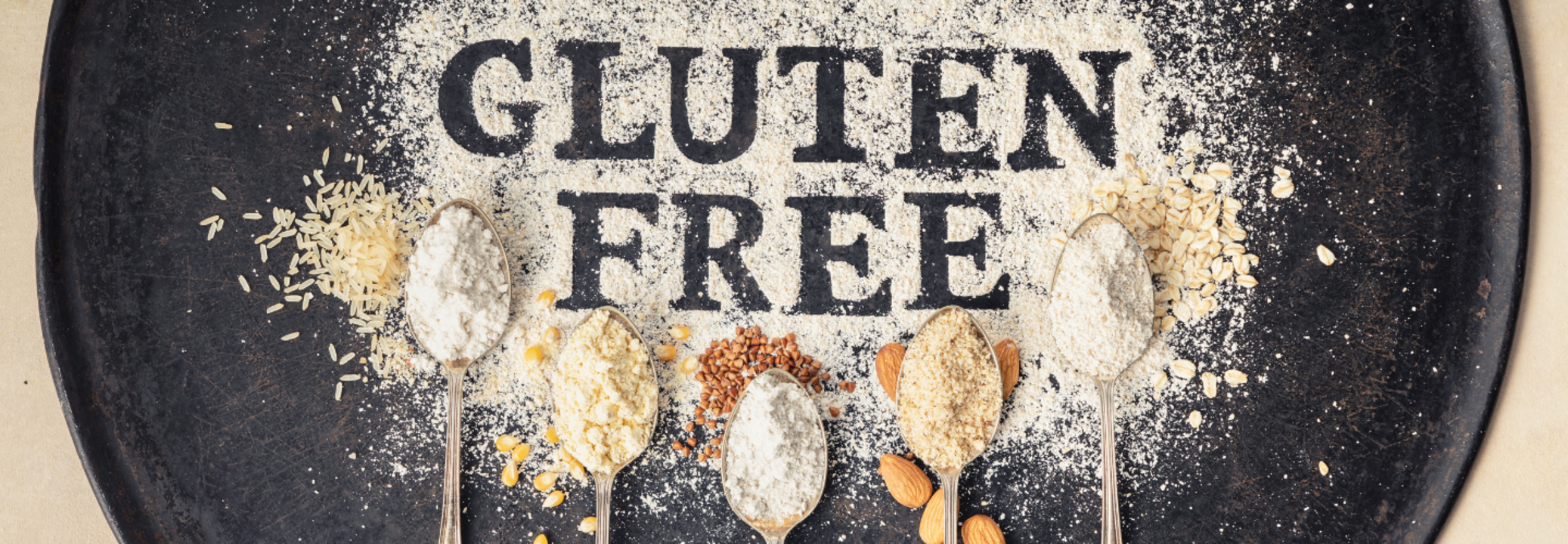Does Having A Gluten-Free Diet Mean You Have A Healthy Diet?

(Credit-Canva)
SummaryGluten free diet has recently picked up in popularity as more and more people incorporate them in their diet. While there are many people who are allergic to gluten, there are many others who believe it is healthier. But is that true?
End of Article
